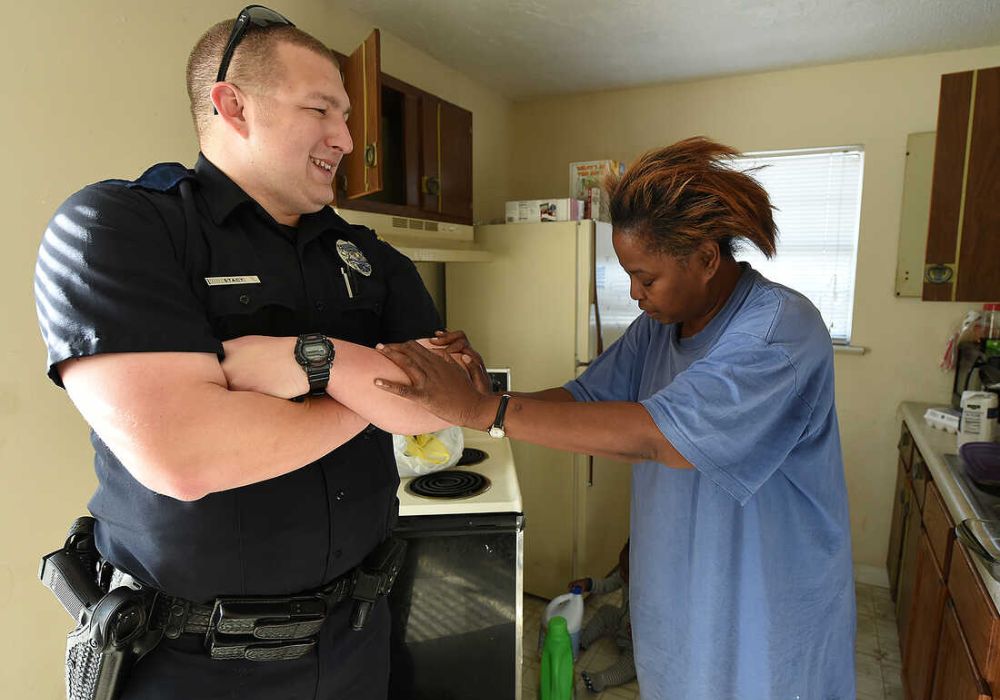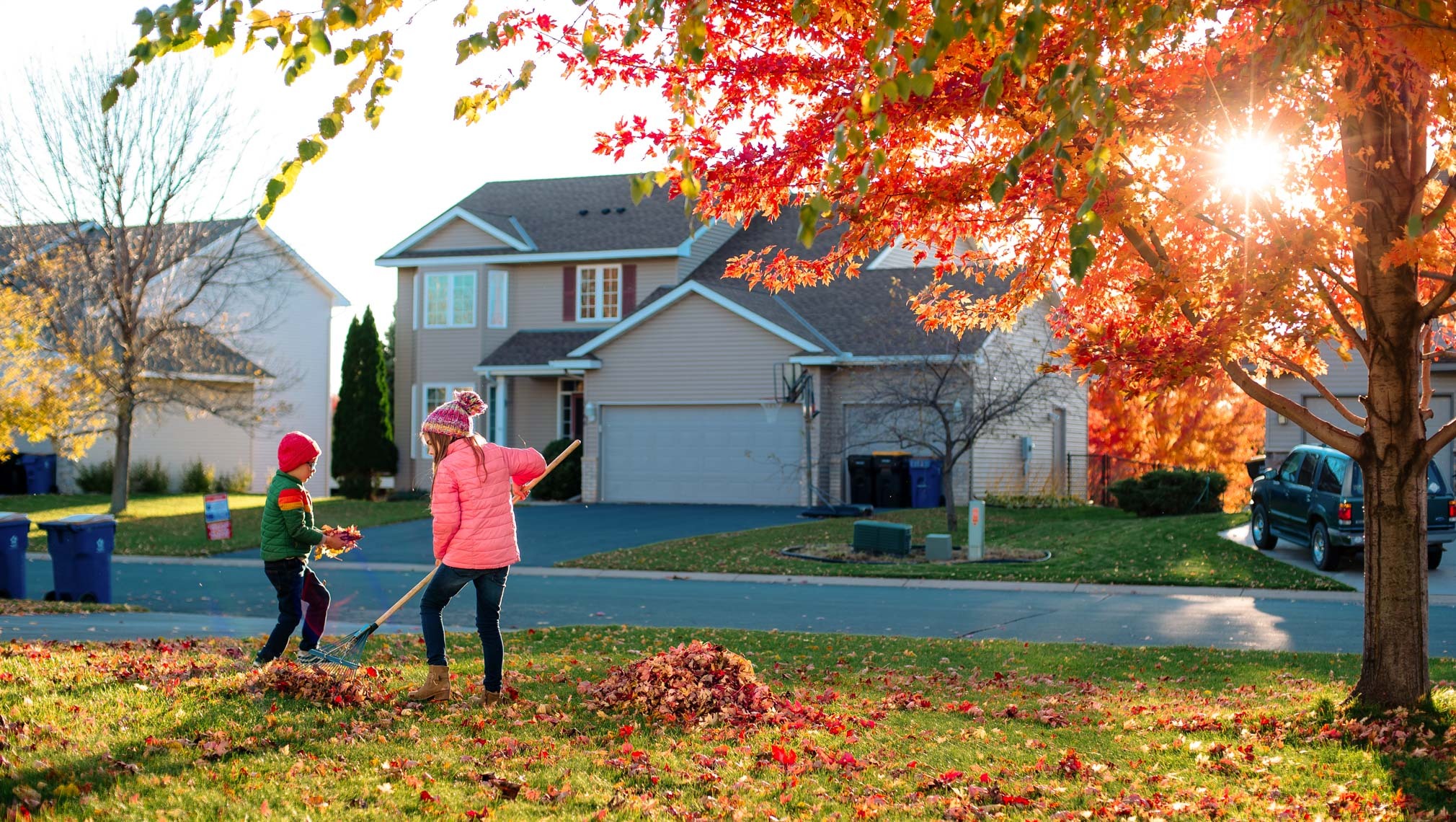Your home should be a safe place, free from hazards that could damage your property or put your health at risk. Unfortunately, structural issues like ceiling collapses can happen, leaving tenants to wonder what their rights are in such situations.
Here are answers to some common questions tenants may have if their apartment ceiling caves in.
What caused the ceiling to cave in?
Water damage is one of the leading causes of ceiling collapses in rental properties. Plumbing leaks above the unit, roof leaks, or other sources of excess moisture can weaken ceiling materials over time until they are no longer structurally sound.
In many cases, proper maintenance by the landlord could have prevented such failures if issues were addressed promptly.
Related: Who To Call When Your Landlord Won't Fix Things?
Does the landlord have a duty to address structural issues?

Yes, landlords are legally obligated to maintain rental properties in a safe, habitable condition. This includes ensuring the building's structures like floors, walls, ceilings, and roofs are sound.
If a ceiling collapse is due to deferred maintenance or other landlord negligence, tenants may be entitled to remedies. The landlord is responsible for prompt repairs to code standards to fix the cause of structural issues.
Who is financially responsible for damages?
If a tenant's personal property was damaged in the ceiling collapse, the landlord is usually financially responsible for repair or replacement of those items.
Tenants should document all damages through photographs and keep receipts for replacement items to facilitate insurance claims or seeking reimbursement through the courts if needed.
The landlord is also liable for relocation costs if the rental unit is uninhabitable until repairs are complete.
Can tenants break their lease after a ceiling collapse?
Possibly. Most states consider roof and ceiling structural failures as breaching the landlord's warranty of habitability.
This allows tenants to break a lease without penalty if repairs are not addressed promptly. Tenants would notify the landlord in writing of the habitability issues and intent to terminate the lease.
If repairs are not conducted swiftly, tenants can safely move out without further liability for rent.
What if a injury occurs during the collapse?
Any resultant injuries due to structural defects could allow tenants to pursue a personal injury claim against the landlord. Negligence leading to documented medical bills, lost wages, and other damages caused by the collapse may be legally recoverable.
Tenants should consult a personal injury attorney regarding the specific rights and statutes of limitations for their location.
How can tenants get help enforcing their rights?
For assistance enforcing any of these rights, tenants are encouraged to consult with a housing attorney well-versed in landlord-tenant law. Many legal aid organizations offer no-cost or low-cost counsel for low-income tenants facing issues like ceiling collapses.
An attorney can review the specific situation, advise on the best legal approaches, help communicate with the landlord, and potentially represent tenants in court if the matter requires litigation to remedy.
Conclusion
In summary, tenants do have important legal rights when their rental property suffers from a caved-in ceiling due to issues of disrepair or negligence. While repairs are the landlord's responsibility, other remedies like terminating a lease, seeking reimbursement for damages or injuries, or filing a lawsuit may also apply depending on the situation.





